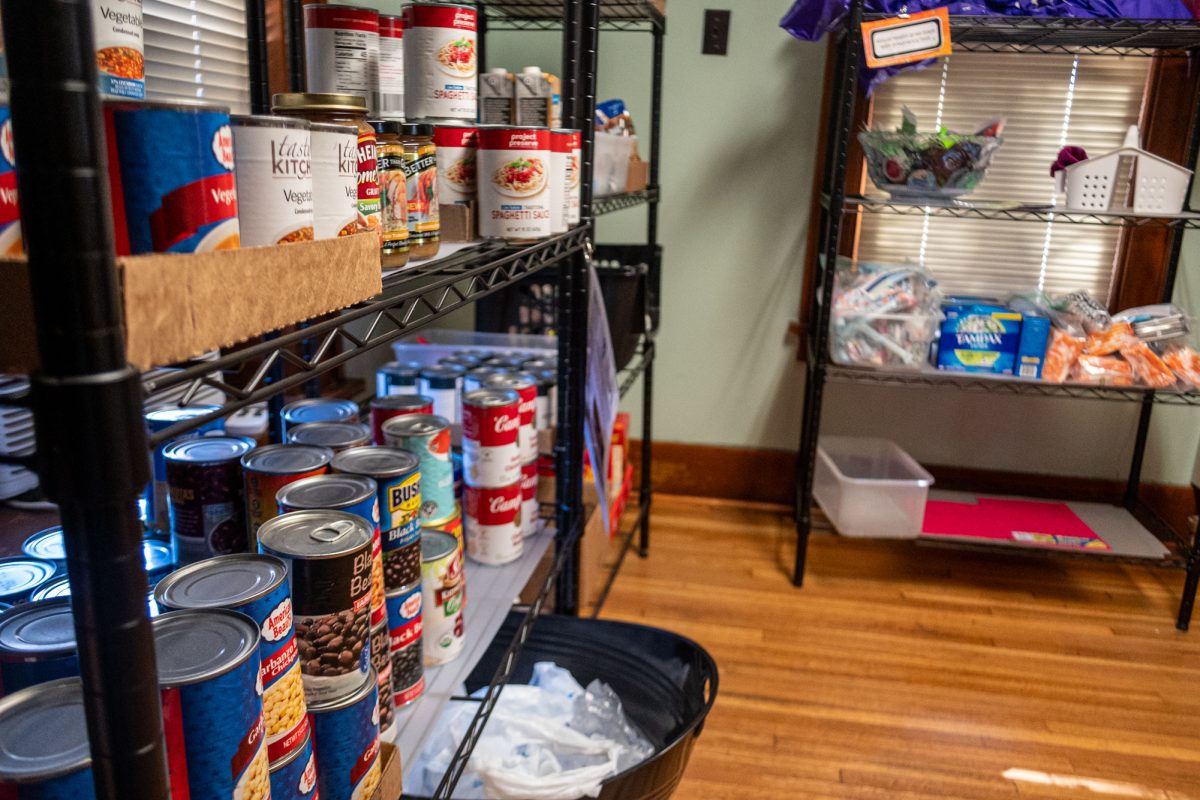EDITORIAL:America is too fat
July 15, 2002
When Americans were indignant that the majority of traffic fatalities could be attributed to drunken driving, groups like Mothers Against Drunk Driving campaigned against it. Public service announcements urged us to take the keys away from someone under the influence. Since 1980, MADD estimates that over 200,000 lives have been saved as a result of fewer alcohol-related crashes.
When AIDS splashed onto the national spotlight, aggressive campaigns for safe sex came out in force. The result was fewer incidents of HIV transmission, preventing thousands from contracting the terminal disease.
According to the National Institute of Health, in 1999 nearly 60 percent of Americans were either overweight or obese. Compared to the public health threat presented by drunken driving and HIV/AIDS, the epidemic of weight is staggering. During the 1990s, the incidence of people who were either obese or overweight increased regardless of age, education, race or gender.
The reason for the increase is two-pronged: exercise and diet. Leading more sedentary lives than ever, Americans are also consuming more than ever. In an era of Big Gulps, Biggie Fries and Super Size, vendors pandering to the busy lives of consumers dangle foods loaded with fat, calories and cholesterol before us, offering a better value for a few pennies more. And we take the bait all too often.
A burger, fries and a Coke have three times the calories they once did, but who leaves 67 percent of their burger, fries and Coke on the tray when they dump in past the “Thank You” and “Into” trash bin?
Where is the value in a meal that contains nearly a day’s worth of calories and fat but no fruits, healthy vegetables or whole grains – especially when the meal is eaten regularly for years?
The cost of obesity in the United States is huge. According to 1994 statistics, the United States suffered a loss of $3.93 billion in lost workplace productivity related to obesity. The total cost of obesity in America is $99.2 billion, which includes the direct and indirect costs of obesity, such as treating heart disease, stroke and cancer, as well as the cost borne by the public due to the strain obesity places on society.
This makes obesity anything but a personal disease. Its nearly $100 billion cost is equal to the cost of three Enrons, or more than two dozen WorldComs.
Until science proves that McDonald’s fries are addictive so that the innocent public could not help but keep eating them, a Philip Morris-type settlement against fast food is unlikely.
In the meantime, the public has to decide that our health is more important than frequently consuming value meals. By developing more balanced eating habits and exercising regularly, we can transform the epidemic of obesity into another public health success.
Editorial Board: Dave Roepke, Erin Randolph, Charlie Weaver, Megan Hinds, Rachel Faber Machacha






